This monograph traces the critical factors that have influenced the advent of nuclear weapons. It deals at length on how rational nations have irrationally pursued power and security-concepts which are immeasurable and largely perceptible-in an effort to increase their influence over each other’s decision making. The irony over the insecurity perceived by a state when other states take measures to enhance their security, due to a deficit of trust in the international community, has been specifically deliberated upon. This security insecurity paradox aided the rapid spread of nuclear weapons leading to the emergence of an exclusive club called the P-5. While analyzing the various measures undertaken unsuccessfully by the P-5, subsequently, to restrict the access of nuclear weapons by stopping its proliferation, the paper stresses how the distrust among states have complicated efforts towards complete elimination of nuclear weapons.
The implications of the presence of nuclear weapons on the Cold War and its impact on the nature of warfare post cold War have also been extensively investigated.
The paper has also simultaneously attempted to examine various influential determinants for the emergence of violent non-state actors. It deals at length on the attendant implications of their rise by focusing specifically on various mechanisms by which such groups can get possession of nuclear weapons. The work further attempts to analyse the threats posed by terror groups for the larger inter-national community with specific focus on South Asia.

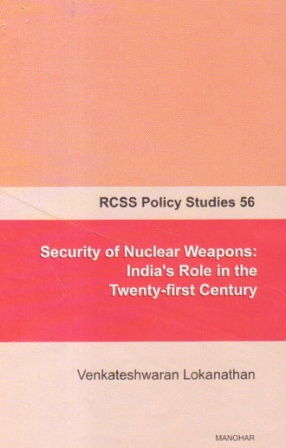
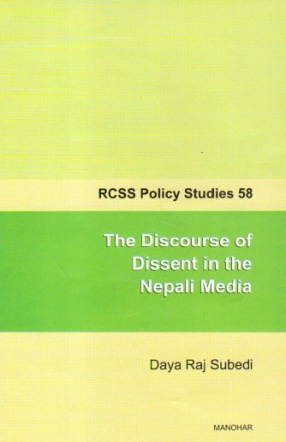
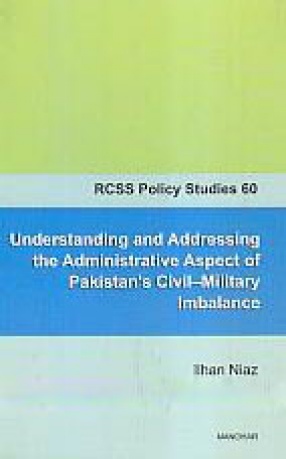
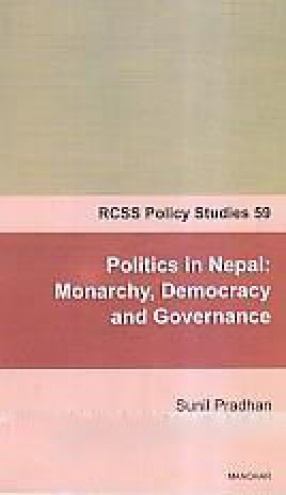
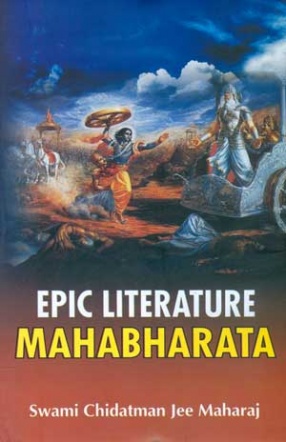
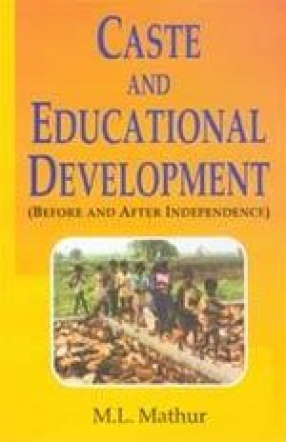
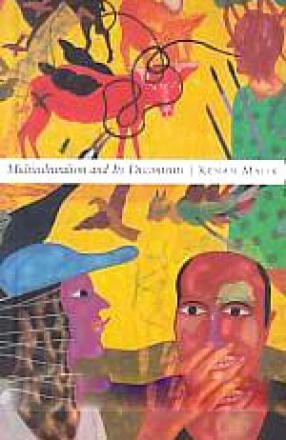
There are no reviews yet.